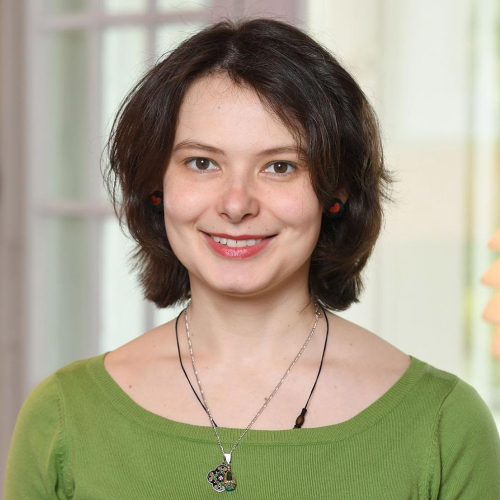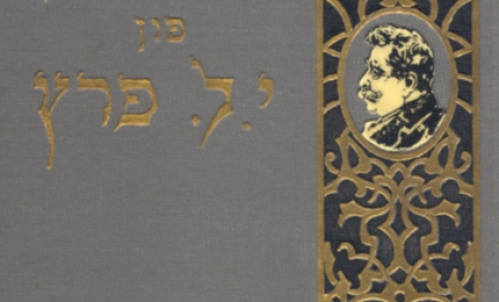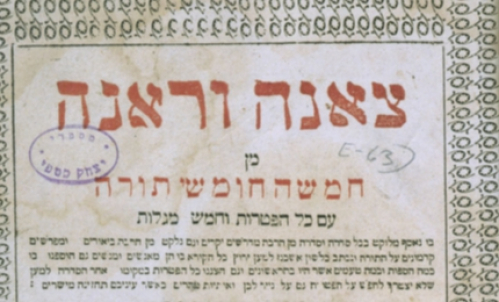Uriel Weinreich Summer Program Testimonial: Yulia Oreshina, '21 &‘22
Keeping Yiddish Alive Where It Once Flourished

by YULIA ORESHINA, Summer Program ‘21 & ‘22
Spending six weeks at the YIVO-Bard Summer Program online was a truly unforgettable experience for me. It was a unique opportunity to be fully immersed in Yiddish language and culture without having to travel to the United States.
I live in Georgia, a small country in South Caucasus where Yiddish was spoken historically, especially in the 19th and 20th centuries. Since the 19th century, Georgia has become a homeland for an Ashkenazic community. Tbilisi and Batumi were the main centers of Ashkenazic culture after Georgia's incorporation into the Russian Empire. Yiddish was also the language spoken by the refugees from Poland and European parts of the USSR who found shelter in Georgia during World War II.
Unfortunately, today you can hardly find a person who understands Yiddish or remembers that their parents used to speak this language. This is why I view learning Yiddish as not only an opportunity to develop my professional skills—I am a researcher of the history of the Holocaust and on the Soviet Jewish history in Georgia and broader Caucasus—but also as a contribution to the revival of the Yiddish language in the region. Keeping Yiddish alive in the regions where the language used to be spoken historically means resisting this language’s disappearance in the territories where it was once flourishing. Yiddish culture almost disappeared as the result of the dramatic and traumatic 20th century.
YIVO’s approach of teaching Yiddish, as a living language, is a unique opportunity to break the communication barriers and start speaking Yiddish and thinking in Yiddish. You can improve your grammar by reading and discussing literature in its original language or participating in conversation classes at YIVO. Not only that, but you can also join a singing workshop or, what was most valuable for me, go on stage and perform in Yiddish! Performing in Yiddish, even online, even for a recording, even in a small fragment of a play, requires making yourself comfortable with the language and intonation. As I still struggle with memorizing the proper pronunciation of the majority of Loshn-koydesh words, my part in the Theater Workshop this year was definitely sufficiently challenging.
I wholeheartedly hope this summer was not the end of my journey in the world of Yiddish language and culture or the end of my connection with the YIVO-Bard Summer Program and the brilliant teachers and people who make this program possible.
Learn more about the Uriel Weinreich Summer Program in Yiddish Language, Literature, and Culture.

